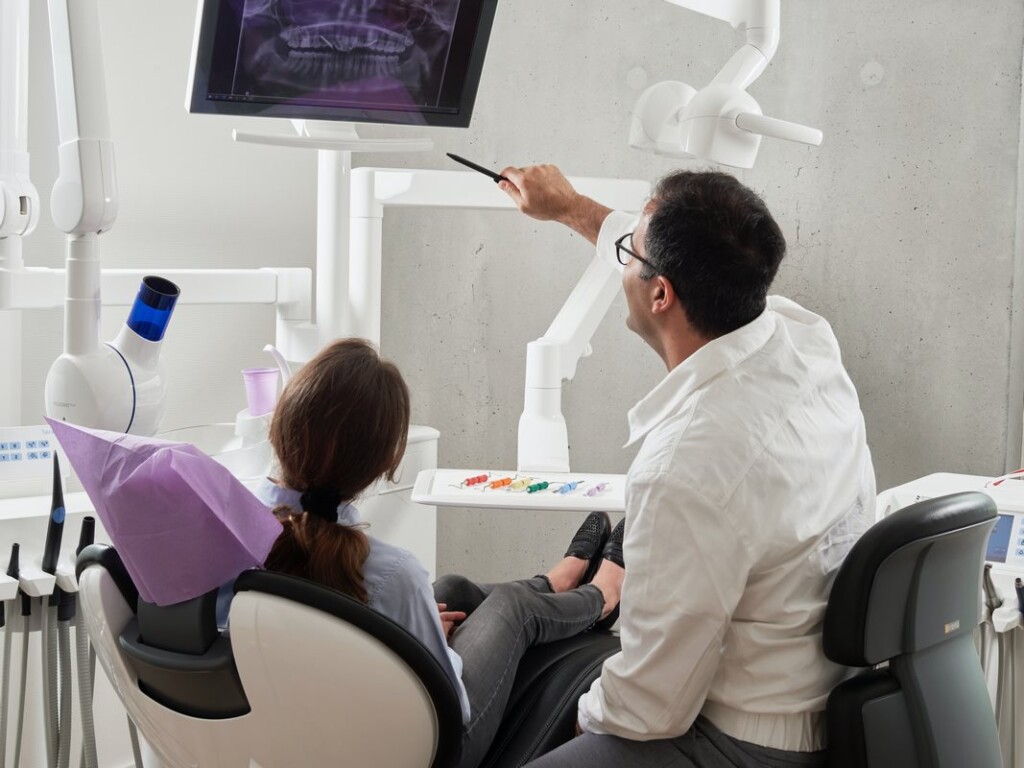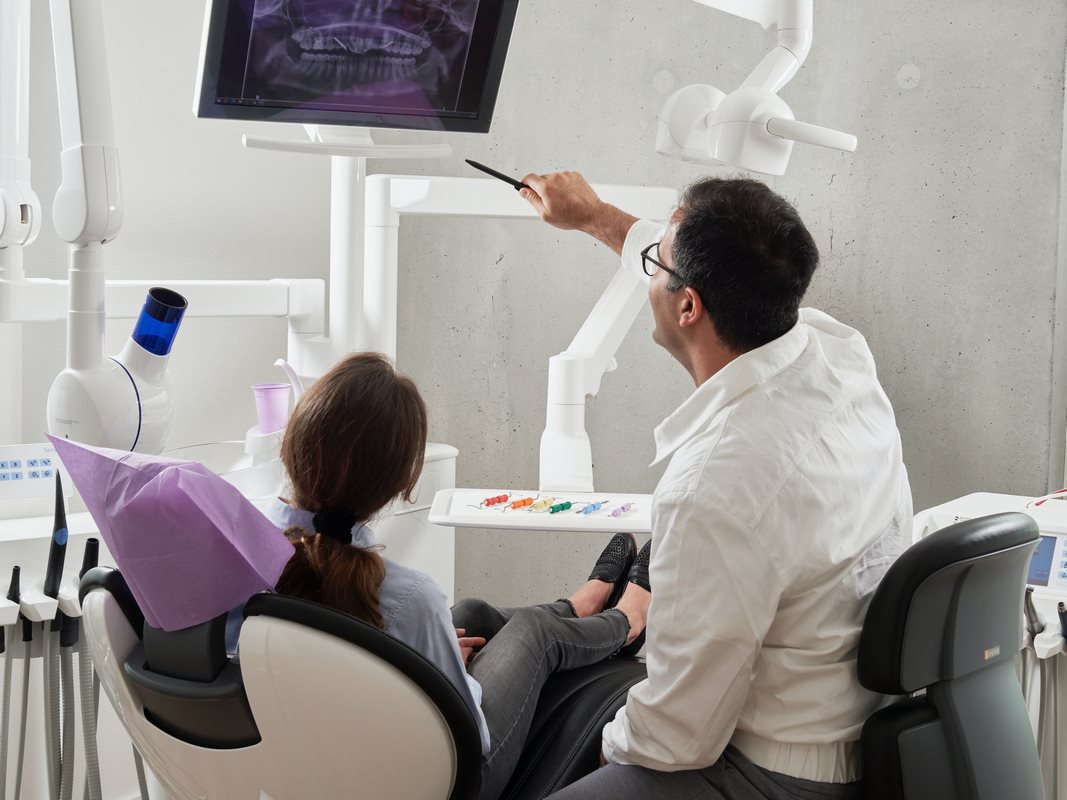
In June, GNN reported on the first evidence of a drug that was able to regrow adult teeth in mice, after it was discovered by a dental scientist named Takahashi in Japan years ago.
Now, a pharmaceutical firm called Toregem Biopharma, funded by Kyoto University where Takahashi is based, is moving forward with clinical trials in healthy human adults.
Slated to begin in July of next year, the trials will investigate whether or not Takahashi’s antibody-based drug that targets a protein which suppresses the growth of new teeth from our “teeth buds,” is successful in adults.
If so, the next trial will include children with anodontia, a condition where they are born without some of their teeth.
In 2018, Takahashi showed that ferrets, who like humans have tooth buds, baby teeth, and permanent teeth, were able to regrow their teeth when given the drug.
“The idea of growing new teeth is every dentist’s dream. I’ve been working on this since I was a graduate student. I was confident I’d be able to make it happen,” Mr. Takahashi said.
Anodontia is a congenital condition present in about 1% of the population that impedes the development of teeth. About 10% of those patients have oligodontia, in which they lack 6 or more natural teeth.
RELATED: These Micro-robots Can Clean Teeth By Shapeshifting into Toothbrush or Floss Forms
Around 2005, and upon Takahashi’s return to Japan, literature began being published that pinpointed certain genes in mice that when deleted caused them to grow fewer or more teeth.
Investigating the latter, Takahashi found that this gene synthesized its own protein called USAG-1, and that when he targeted it with a neutralizing antibody, the mouse’s teeth proceeded to grow like normal.
SHARE This Huge Dental Breakthrough With Anyone Missing Teeth…




















